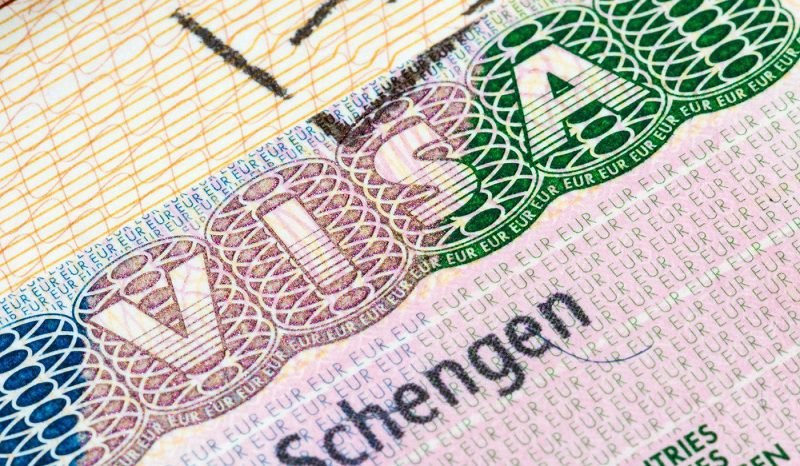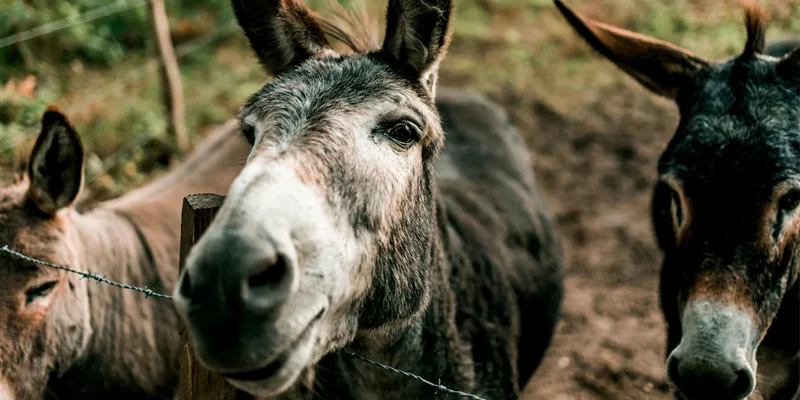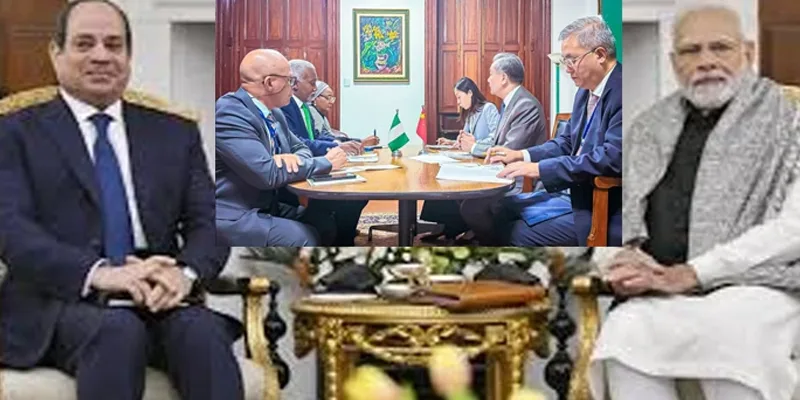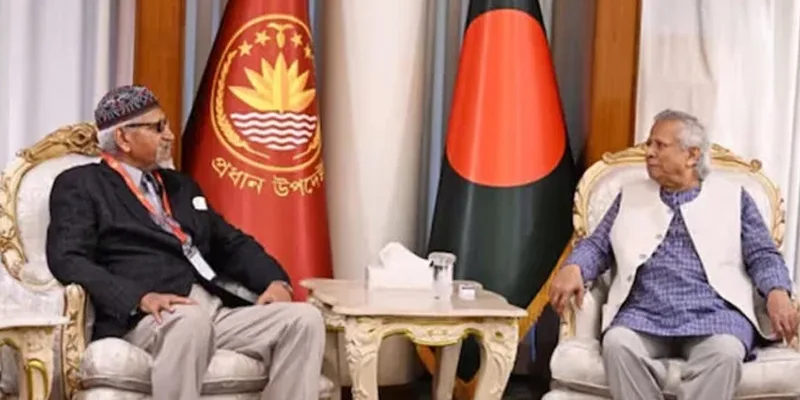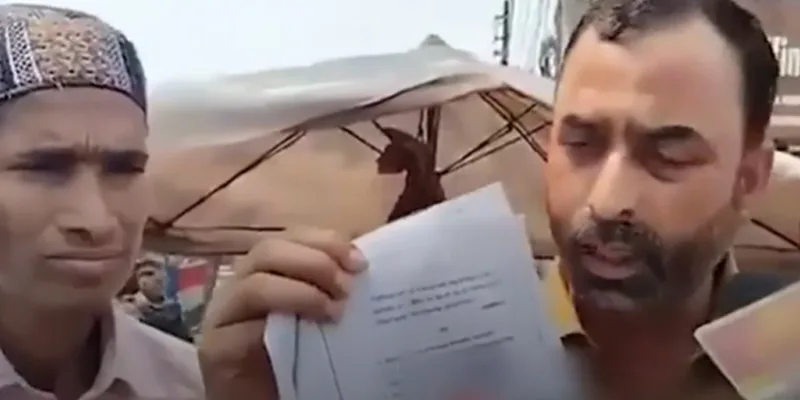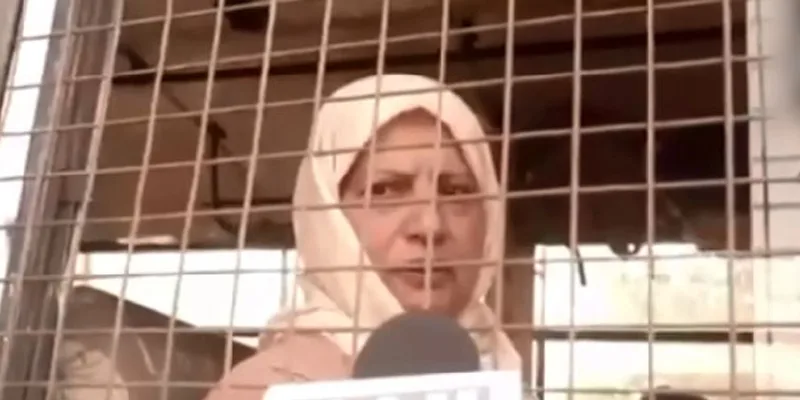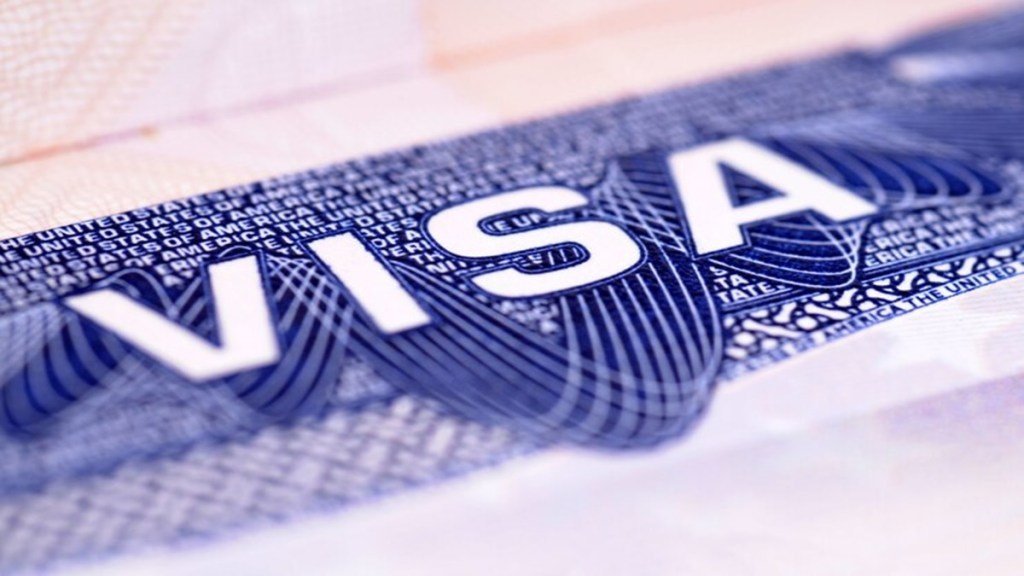
Indian students are growing increasingly cautious about pursuing higher education in the United States due to a range of policy uncertainties. The ongoing standoff between the US government and Ivy League universities, combined with stricter post-study visa regulations, rising rejection rates, and cancellations of H-1B visas, is making many reconsider their plans. Recent data from study abroad platforms show a nearly 30% drop in applications, as students begin to question the value of investing time and money in a system that appears unstable.
Key concerns include reduced university funding, fewer scholarships, and limited post-study work opportunities. The Optional Practical Training (OPT) programme, which currently allows international graduates to work in the US for up to three years for STEM students, may soon face termination under proposed legislation. This possibility adds to the unease among prospective students, especially those from middle-class backgrounds who prioritize return on investment.
According to the founder of a leading education platform, many students are hesitant to commit to US institutions, delaying admission deposits and weighing alternative destinations. Countries like Ireland, the UK, Germany, and Australia are becoming increasingly attractive due to their affordability, clearer immigration pathways, and perceived stability.
While the US continues to attract the highest number of Indian students, recent developments may reverse this trend. The US Department of Homeland Security introduced rules in January to modernize the H-1B visa programme, aiming to improve oversight and flexibility for employers. However, these changes have yet to ease concerns.
Despite official figures not yet reflecting a drop in visa applications, anecdotal evidence suggests that the rejection rate for US student visas in early 2025 reached nearly 50%, a sharp rise from 35% the previous year. This rising uncertainty, coupled with tougher immigration policies and layoffs in key industries, is pushing many students to consider backup plans in more welcoming countries.


